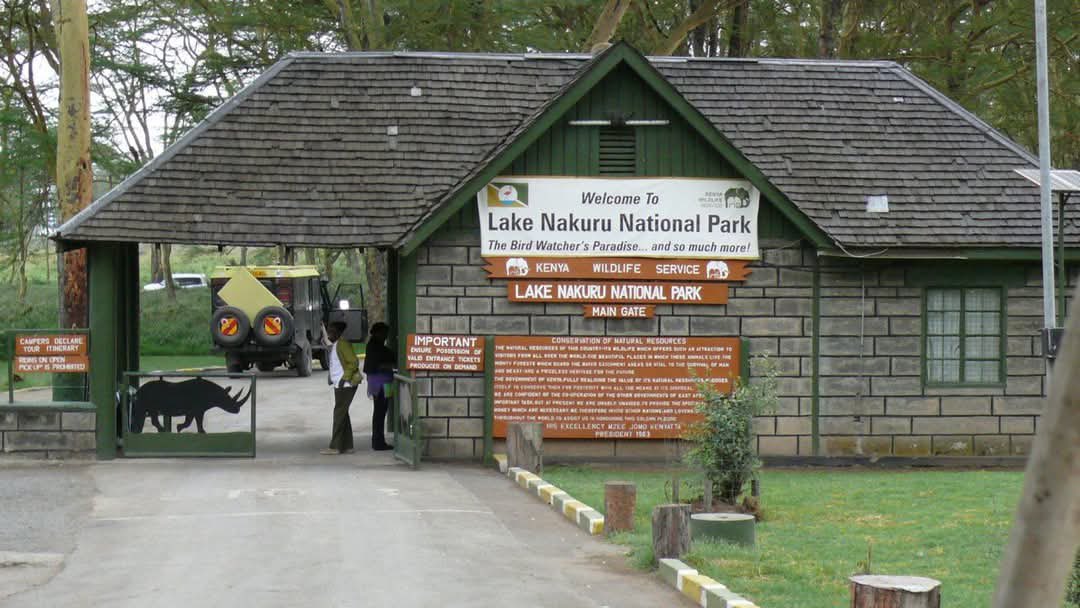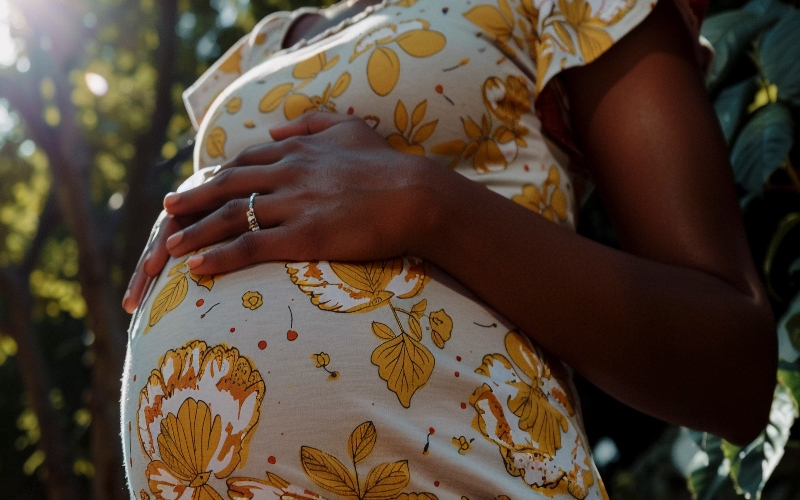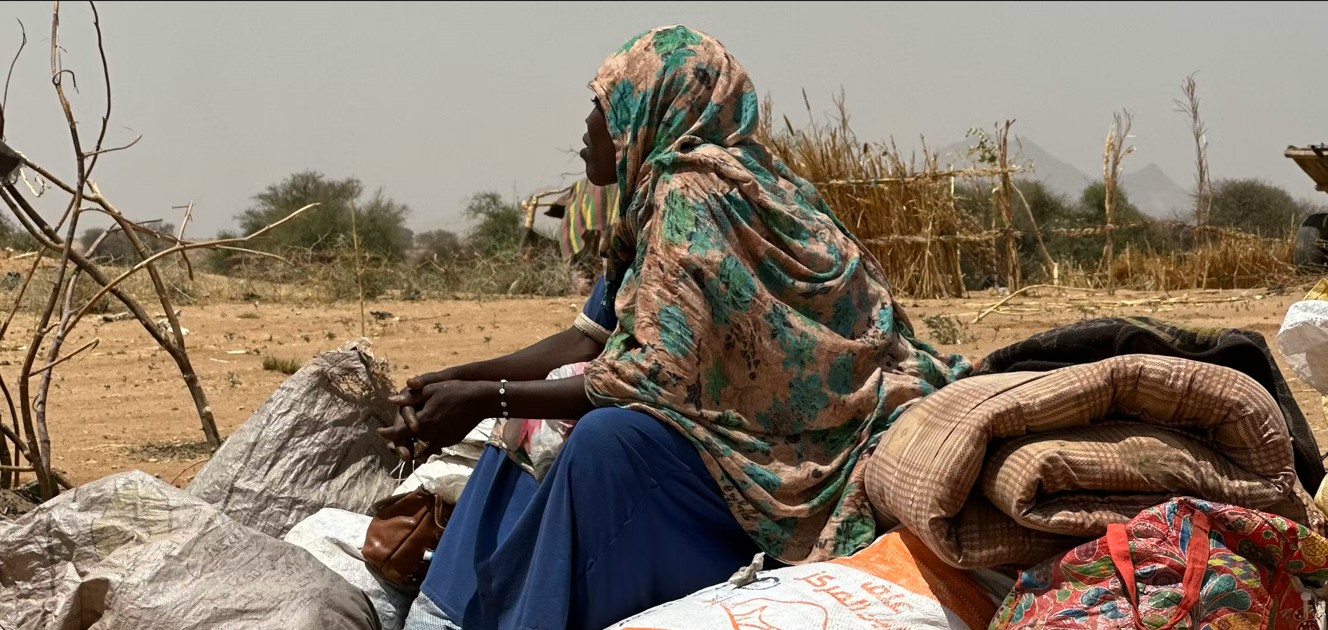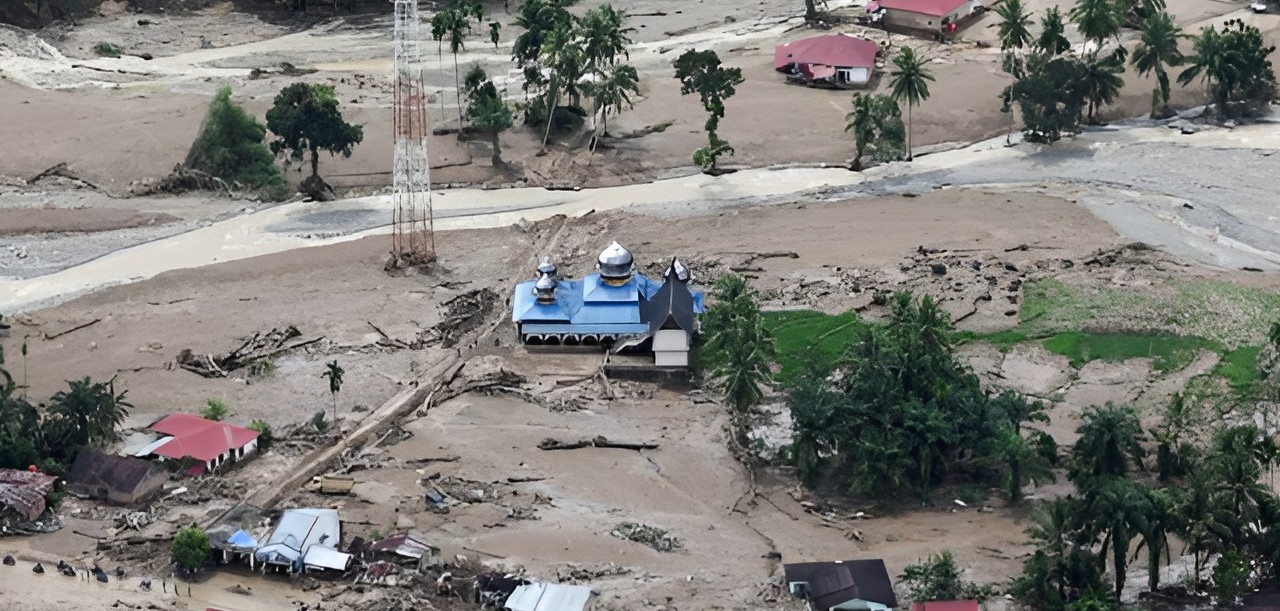KWS excludes Lake Nakuru from free park entry on September 27

The notice reminded tourists that all KWS-managed parks, reserves and sanctuaries are plastic-free zones and urged visitors to respect the environment and wildlife.
The Kenya Wildlife Service (KWS) has issued a last-minute update regarding the nationwide free entry initiative to national parks, reserves, and sanctuaries, confirming that Lake Nakuru National Park will not offer free entry on Saturday, September 27.
According to KWS, only visitors who have prepaid eCitizen tickets will be allowed entry to Lake Nakuru National Park through Nderit Gate between 6:00 am and 6:00 pm.
More To Read
- Counties intensify pressure on national government over park revenue-sharing model
- Lewa, KWS launch vulture tracking project to boost raptor conservation
- Conservationists demand probe into relocation of orphaned giraffes from Wajir to Nanyuki
- Wajir South MP condemns relocation of orphaned giraffes to Nanyuki
- Court told six KWS rangers abducted missing fisherman Brian Odhiambo
- KWS moves reticulated Somali giraffes from Wajir to Nanyuki in major conservation effort
The park’s Main Gate at the flamingo area and Lanet Gate will remain closed throughout the day, restricting access for walk-in visitors or those hoping to enter for free.
The service clarified that the change applies only to Lake Nakuru National Park, while all other KWS-managed national parks, reserves, and sanctuaries across the country will still participate in the free entry initiative.
"The public is hereby notified that there shall be no free entry to Lake Nakuru National Park, Saturday, September 27, 2025," KWS said.
"However, customers with prepaid eCitizen tickets are advised to access Lake Nakuru National Park through Nderit Gate from 6:00 am to 6:00 pm," the Service added.
KWS urged the public to adhere strictly to park rules and regulations.
In a statement on Thursday, the agency said visitors must follow all park regulations, avoid feeding wildlife and keep noise to a minimum to ensure both safety and conservation.
The notice reminded tourists that all KWS-managed parks, reserves and sanctuaries are plastic-free zones and urged visitors to respect the environment and wildlife.
“Respect the privacy of the wildlife, this is their habitat,” the agency said, warning that wild animals are unpredictable and close encounters can be dangerous.
KWS also warned against crowding around animals, making sudden noises or movements and prohibiting car hooting inside the parks. Tourists must maintain a minimum distance of 20 metres from wildlife.
“Don’t feed the animals, it upsets their diet and leads to human dependence,” KWS said.
Visitors have also been urged to remain quiet, stay inside vehicles except at designated areas, and avoid off-road driving, which can severely damage ecosystems. Speed limits within parks are capped at 40kph, with over-speeding punishable by potential bans from future visits.
Camping rules include not leaving fires unattended or discarding burning objects. Visitors are further reminded to respect Kenya’s cultural heritage by seeking permission before photographing local communities and dressing appropriately.
Top Stories Today















































